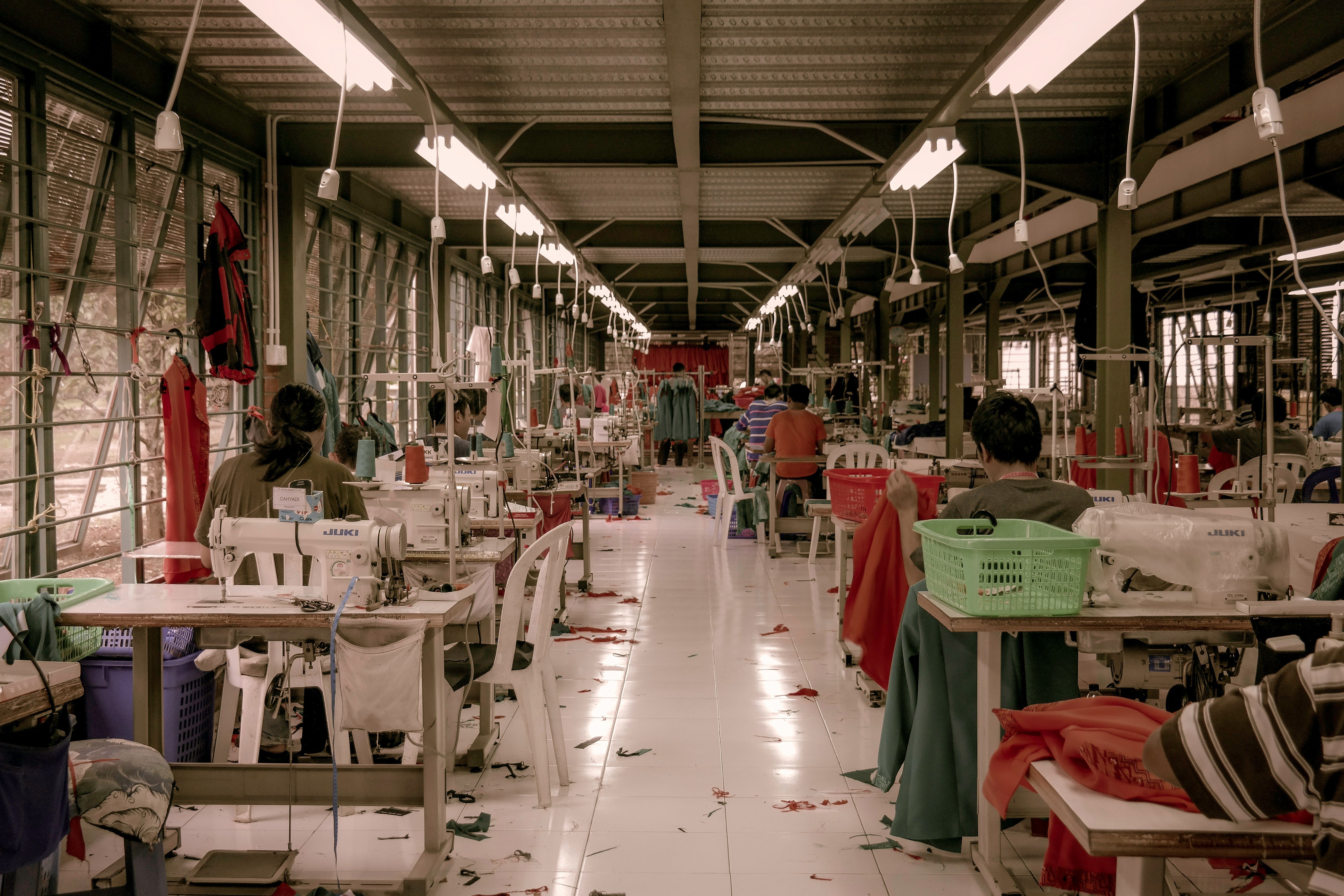Actually, words fail me. Nevertheless, I will try to share my thoughts on what I see as massive misbehaviour on the part of Austrian and German politicians.
On Wednesday of this week, I was still completely stunned that the smallest coalition partner of the German government refused to give its consent to the supply chain law in the EU. With this announcement, the FDP - a "sister party" of the NEOS in Austria - prevented Germany's approval in the EU. One day later, the Austrian media reported that the responsible Austrian minister Kocher from the ÖVP also refused to give his consent. So that's how it is. The majority required for the vote by states representing at least 65% of the EU population was overturned by the withdrawal of Germany and Austria. Sweden and the Czech Republic had already announced their intention to vote against the law. On Friday of this week, the vote in the EU was then postponed, presumably so that the regulations, which had been prepared over months and years, could still be adopted at a later date.
What was prevented?
What the Austrian and German governments have prevented will please many large, globally active companies in many different sectors: they can continue to make their profits unchallenged on the backs of the socially disadvantaged. They will still not be held accountable if people in their supply chain are involved in the production of their goods under completely undignified living conditions. Not even if these people are forced labourers. And not even if child labour is not the exception but continues to be the rule. Global corporations can then continue to evade their responsibility by passing it on to middlemen or other contractors. "We are not directly involved", "we cannot influence this directly". Excuses like these will continue to be used, but legal consequences will be impossible.
And then there is the impact on the environment. The same principle applies here. What I don't know is not my responsibility. If there is no legal basis, highly environmentally damaging behaviour will continue unchanged and, above all, will continue unpunished.
Just don't change anything about the current behaviour - that must be the motto of both governments.
Why is this so important in our industry?
The international textile and clothing industry, including its upstream suppliers, is one of the dirtiest industries in the world in every respect. The treatment and payment of millions of employees in the manufacturing countries of this industry is inhumane in many places. Payment according to the "living wage" principle, i.e. the payment of a living wage, is established in very few countries. Forced labour is a current problem, particularly in the cultivation and harvesting of cotton. According to reports from the International Labour Organization (ILO), the problem of forced labour in Uzbekistan has been eliminated two years ago, but the situation in China is completely different. 90% of the cotton produced in China comes from the Xinjiang region. This is a region that is not even visited by employees of "sustainability labels". According to numerous reports from a wide range of organisations and media, cotton cultivation there is based on a system of forced labour. The people affected are the oppressed ethnic minority of the Uyghurs.
It is therefore no wonder that practically every report in connection with the planned supply chain law was accompanied by images from textile and clothing production facilities around the world. Conversely: I have not seen a single report in which other industries were shown in connection with the topic.
Why do we need government regulations?
Companies in our industry very often use their own labels and therefore their own judgement to present their approach to procurement in a positive light. In addition, there is now a completely confusing number of private labels that assess and judge the actions of the industry. The number and statements of these labels are now so confusing that it is difficult even for trained and experienced experts to make a judgement. Some of these labels are stronger, others weaker, and they relate to the most diverse facets of the supply chain. Many labels have themselves grown into very profitable business models. But none of them can prevent one thing: Namely, that the door is still being opened to the phenomenon of greenwashing. Every company can claim in its own way that it is doing everything right. But if everyone is doing everything right: Then why is there still so much suffering in the supply chain, why are wastewater systems behind dyeing factories not yet established worldwide, why are chemicals that are highly hazardous to health still used in many countries, why is it still allowed that people in the supply chain live in poverty, children work or forced labour is the order of the day?
In my view, the answer is: because the clothing industry is still one of the least regulated industries in the world. And rules are needed here.
What could be the motives for preventing such a law?
There are two arguments that I have heard and read over the last few days in connection with this topic:
One argument relates to the issue of over-regulation. I can understand that. In my view, if you introduce new rules, you should also remove other rules that no longer fit the times or are inefficient. I can think of many regulations relating to working hours, pay and work performance. It is not entirely incomprehensible that company representatives reflexively resist every new law. But what if new rules were created that could give a market advantage to those who behave properly, honestly, well and fairly? What if all those whose business models are not based on exploitation and massive environmental pollution have an advantage? I think it is wrong and negligent to reject such an important law on principle just because there are already so many laws. Just because there are already so many regulations, should we continue to leave the exploitation of people and nature unpunished?
The second argument was mainly put forward by Austrian politicians: The responsibility would be shifted from the big to the small, i.e. to the many SMEs in our country that are already very burdened. However, I have not read a precise explanation of exactly how this shifting of responsibility should take place. In the textile and clothing industry, I don't see any concrete approaches to this. As a rule, it is the small companies whose procurement strategies prioritise the well-being of people and nature. Who does the policy, which in this case is also strongly supported by the WKO, really want to protect? I can't see it.
In the end, the suspicion remains that those who would prefer to leave everything as it is have prevailed, those who do not really want to support any change and therefore no improvement in the living conditions of the many people in the supply chains. The concept of exploitation has now worked very well for many people over many decades. This obviously needs to be preserved.
Going boldly into the future looks completely different
However, I wonder how we are going to courageously tackle the many additional challenges in our sector and in many other sectors if we in the EU are not even politically united against exploitation in supply chains. How do we want to master the challenges of the climate crisis, how do we really want to successfully implement the SDGs that we have all adopted at the UN, how do we want to successfully reduce CO₂ emissions?
Wouldn't it simply be right to implement the Supply Chain Act as quickly as possible? Even if it may still need some improvements. Weak points could be evaluated on an ongoing basis and adapted in line with requirements.
For the time being, we can only hope that the politicians responsible will change their minds and come to an agreement in mid-February after all.


